If you are starting to think about sending your child to preschool, I'm sure there are lots of questions running through your head. Is the school nice? Are the teachers nice? Will my child learn everything she/he needs to know?
Most of these questions will be answered through your intuition. Trust your gut when you walk into a classroom. If you feel comfortable, then you will be happy leaving your child there. If something tells you to move on, then listen. If you don't, you won't be at peace when you drop your child off.

Along with the typical questions you might have when visiting a school (like price, schedule, openings, ect.), here are 12 more important questions to ask:
1. What is the Teacher/Student Ratio?
Depending on the state you live in, there are minimum requirements set for teacher/student ratios. In California, it is 1 teacher for every 12 children ages 2 years old an up. In my experience, a 1 teacher/teacher aide to 8 student ratio is best. I find with this ratio, a well designed program, less-stressed staff and the curriculum is much better. With a higher ratio, staff tends to be pulled in too many directions.
2. What does a typical day look like?
There should be a daily schedule posted for you to see. Take a look at it and see if you like it. The ECERS (Early Childhood Environment Rating Scale) says there should be equal amount of outdoor and indoor time, along with free play, small group time and large group time. There should also be times built in for snacks/lunch and bathroom breaks.
3. What types of food do you serve for snacks?
There should be an opportunity to eat every 2.5 hours. Typically, there is a morning snack and and afternoon snack (in full day programs). Different programs follow different food guidelines. Some schools will provide snacks and lunch while other schools require parents to provide the lunch. Make sure that you ask for a snack and/or lunch menu so that you can see what foods are typically served.
4. How often to you have the children use the bathroom? Do they go by themselves?
Bathroom time should scheduled throughout the day and bathrooms should be accessible to children whenever they need it. Although it seems odd, children should NEVER be allowed to go to the bathroom themselves. They should ALWAYS be supervised. This is to prevent any sort of mishap, including injury, getting lost or foul engagement. Staff will also be able to tell you if your child went to the bathroom and if they are having any issues around toileting.
5. How do you supervise the children?
This question is so important. Your child should be watched at all times. There should be no reason that your child is left along either inside or outside. When asking this question, you should receive a response detailing how the staff supervises children both indoors and outdoors. They should not be on their phones, instead, engaged with the children in their care.

6. How do you make sure no child is left behind when you come inside?
All centers should have a transition plan. For example, when moving from inside to outside, the staff counts all the children in the line, making sure that that number matches the attendance sheet for that day. Or maybe they call out each child's name and has them answer. Staff should be doing this when they transition from inside to outside and back to inside.
7. How often do you encourage parent participation?
Some schools require parents to prep materials for the class at home, or ask for volunteers to be on a parent board. Some ask parents to donate snacks or food and some have family days/nights. Make sure that you know what is expected when you join the school community.
8. How do you keep your toys/environment clean?
Cleanliness is key! I don't have to tell you have children mouth toys, sneeze on books or drool randomly. Children are germy and there is nothing we can do about it! Teachers and staff of preschool centers know this and there should be a cleanliness ritual. Some schools have a disinfectant bin, where they put all toys they see children put in their mouth. Some schools have the staff clean the schools very night and other hire professional cleaning services. Some will post sanitation guidelines regarding nap time/bedding and food preparation.
9. What is your emergency plan?
As much as we don't want to think about emergencies, we need to always be prepared and so does your child's preschool/daycare center. Depending on where you live, there could be tornados, earthquakes, hurricanes, flooding, etc. Does the school have a plan for these situations? Some schools have "emergency" kits they send home for families to fill and send back to school with their child. These kits could include items like a bottle of water, snacks, a photo of parents, changes of clothes, etc.
10. What happens if I need to send someone else to pick up my child?
Sometimes we get stuck and work or stuck in traffic. Schools end at a certain time and we need to make sure that there is someone else you can call to pick up your child so that teachers can go home. As preschool staff, we take your child's safety seriously and won't release your child to someone we don't know. Make sure to ask the staff what you will need to do to clear another person to pick up your child from the school.
11. What is your discipline policy?
No matter how perfect your child is, there is always the possibility they may do something that requires intervention. Things like taking a toy from another child, yelling at a child who chose the bike they wanted, ran outside without an adult, hid in the play area instead of sitting in circle, etc. Whatever it is, you need to make sure you know what the center's discipline policy is and if you agree with it or not.
12. How do you communicate with parents?
This is very important. You have the right to know all about your child's day at school including what they ate for lunch, how long they slept for, if they got hurt and if they made friends. Every school communicates with parents differently, but making sure there is open communication between home and school is important for you, the teacher and your child to all be on the same page. Some examples of communication is parent/teacher conferences, daily notes sent home, children's notebooks teachers and parents can write to each other in, photos sent home, etc.

As a Preschool Director/Teacher it is my job to make sure your child is safe when they are in my care, returning them to you with a smile on their face. As a parent, it is your responsibility to do due diligence when choosing a place to leave your precious child. Don't worry about asking questions. That is what we are here for and we encourage you to ask. If a director or teacher starts getting annoyed with questions, then I would take that as a hint to move on.
About the Author: Jeana Kinne, MA has spent over 16 years in the Early Childhood Education field. She has worked as a Preschool Teacher, Preschool Director, Preschool Consultant and with children with Special Needs. Jeana created JDEducational to guide parents in learning simple teaching techniques which keep their child engaged, excited to learn. She hopes that through learning and growing together, families will create life-long memories. Learn More About Jeana Here.

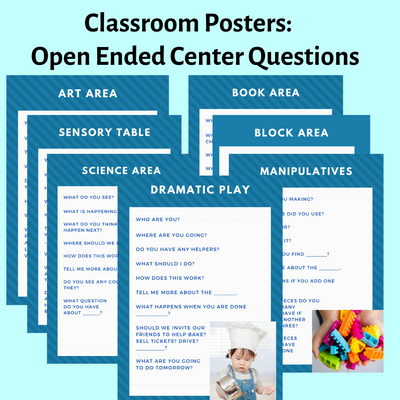

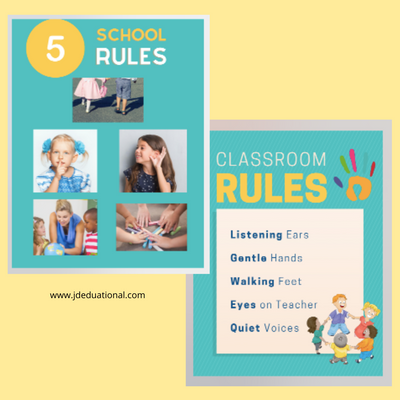
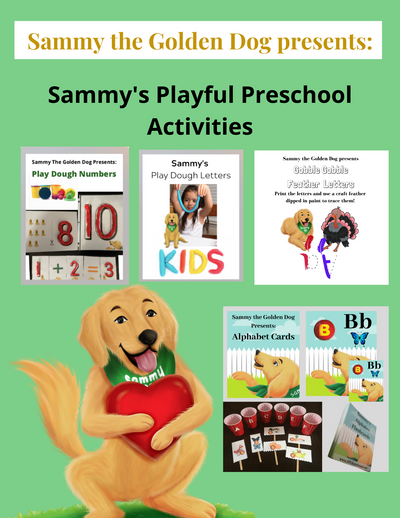
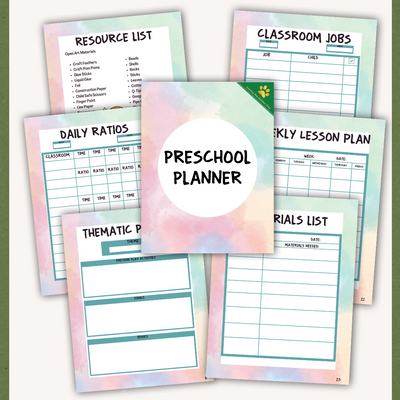
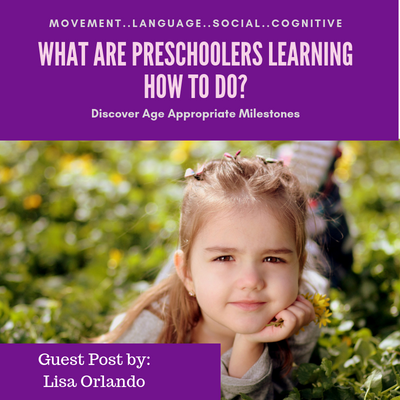
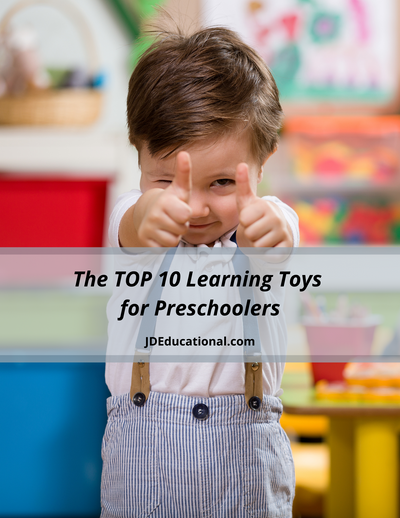
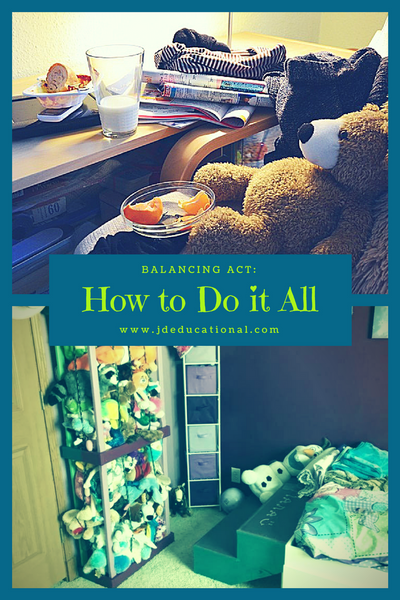

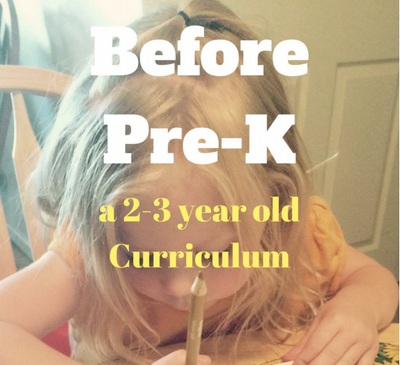
I made the decision to do some research to support my sister since she has been preparing to allow her children attend preschool the next year. Thank you for the advice to make sure you ask for a menu for lunch or a snack so you can see what is usually given. I’ll be sure to let her know about this and suggest that they look into local preschools, so that they can be nearby.
https://www.nlpkak.com/
While it’s helpful to know that every school has a distinct approach to parent-teacher communication, there must be open lines of communication between the house and the school so that you, your child’s teacher, and everyone else agrees. This would be helpful to my brother, who has relocated to a new area and is looking for a decent preschool for his kids to start their schooling path. I’m assisting him in finding a preschool that suits his interests and offers his kids a caring atmosphere since I want to support him through this adjustment to being a single father. https://www.kidacademy.com/copy-of-infants-toddlers
We appreciate your proposal to inquire about how they maintain their play areas and toys tidy throughout the day. Knowing that they will follow a cleaning process is a wonderful thing. I will have to forward this to my daughter so she may ask this question on the several preschool visits she arranges for her daughter. https://www.rockandgrow.com/northcarolina
It really helped when you elaborated on asking a childcare center about their policies and how they handle discipline. My wife and I need to find a preschool for our son, and we’d like to tour our options next week, so we’ll read your tips before leaving. Thank you for describing how to identify the best preschool center for our child’s educative needs. https://sjfs.org.au/our-early-education-centres/
You made a good point when you said that children must be watched at all times, so you must ask the facility how they supervise the children. I will ask my best friend to remember this tip because she mentioned last night that she wanted to find a kindergarten for her four-year-old daughter next week. She can be playful at times, and it is important to note how asthmatic she is. http://www.cottageschoolsco.com/ages-programs